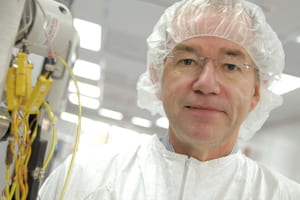Check this page for news and updates on Professor Magnusson and the research group.
How Nanophotonics could be the future of thermal imaging
August 28, 2019
Nanophotonics is creating new ways to filter light, including at the infrared end of the spectrum used for thermal imaging. A team from the University of Texas at Arlington are working with the US Army Research Laboratory on such devices, with an aim to use them for thermal imaging and resonant filtering.
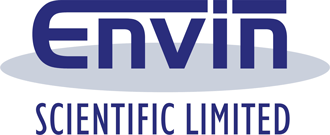
UTA and ARL to Develop Longwave-IR Photonic Device Technology
June 25, 2019
Magnusson, the principal investigator for the $1.2 million agreement with the ARL, is collaborating with Neelam Gupta of the ARL and Mark Mirotznik of the University of Delaware on the research.

UTA researcher earns grant to study fundamental physics of photonic band dynamics
October 11, 2018
Any discoveries Magnusson makes in the course of his research could potentially be used to create new low-power modulators for optical communications systems such as in the current internet or applied later in other devices as technology advances.
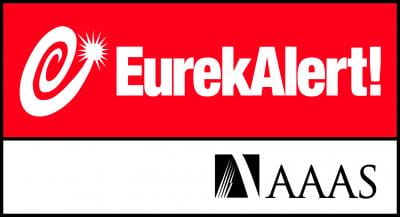
Congratulations on your PhD!
Farewell luncheon for Alex Fannin
July 18, 2017
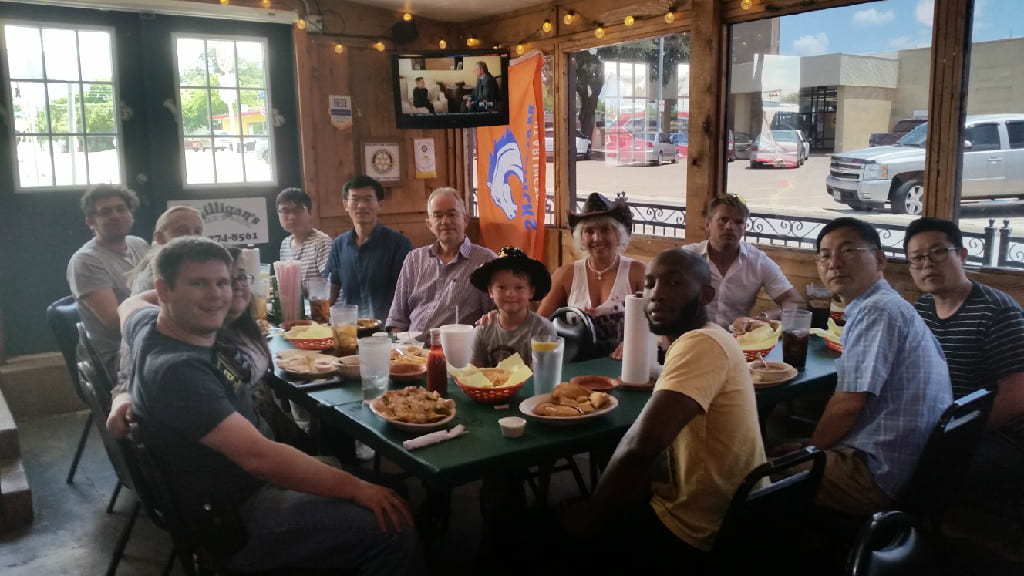
UTA professor wins NSF grant to engineer nanoscale amplifiers and lasers
Author: Gail Overton
June 14, 2016
Magnusson’s findings will allow the development of new types of lasers and amplifiers that can be applied to integrated photonics systems that could better detect incoming signals carried by light, such as those in Internet data transmission, and that could increase transmission and processing rates in optical communications.
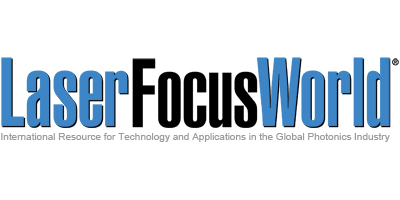
Ron L. Cates Endowed Scholarship
University of Texas at Arlington
Fall 2016
Undergraduate researcher Anh Do has been awarded the Ron L. Cates Endowed Scholarship for the 2016-2017 school year in recognition of her academic achievement in the Department of Electrical Engineering.
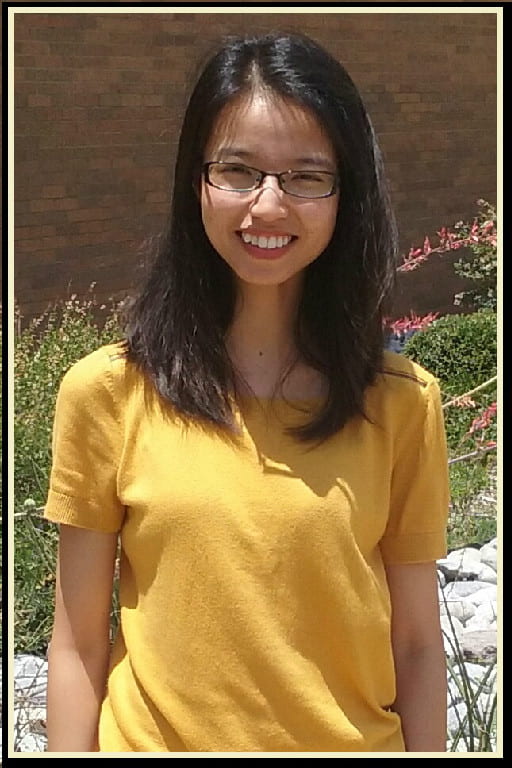
Magnusson receives landmark five patents in one year
Spring 2016
Professor Robert Magnusson, UTA’s Texas Instruments Distinguished Chair in Nanoelectronics, has had five patents issued in less than a year.
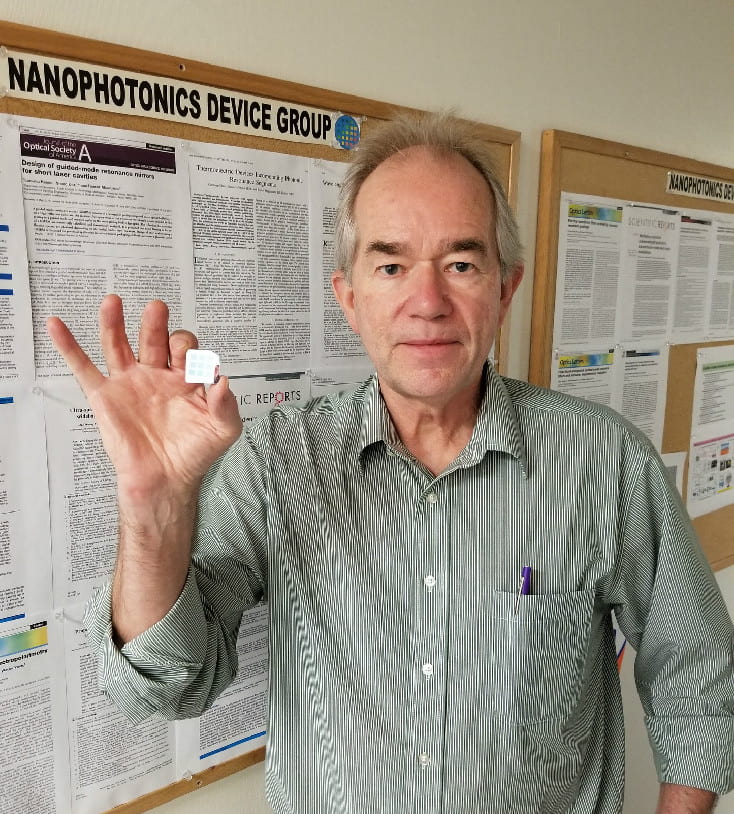
New Undergraduate Researchers
University of Texas at Arlington
Fall 2015
New undergraduate researcher assistants Anh Do, inside right, and Andrew Cruz, far right, posing with graduate research assistant Manoj Niraula, far left, and post-doctoral fellow Dr. Kyu Lee, inside left, in the nanolithography lab.
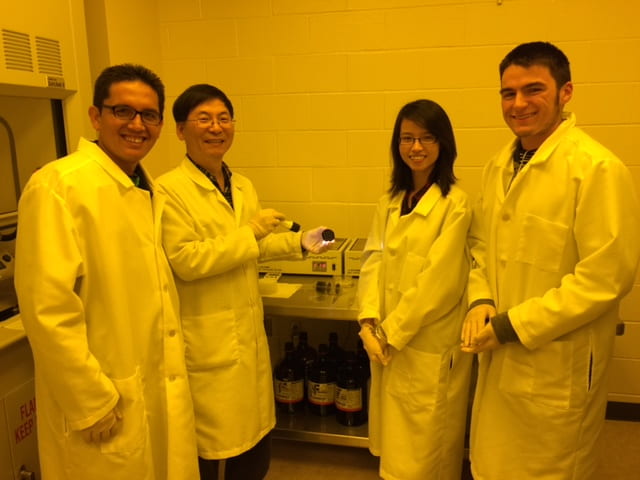
Prescriptions of Promise: Pioneering Platform
Fall 2014
Prof. Magnusson’s research on optical biosensors earns recognition on The University of Texas at Arlington’s magazine.
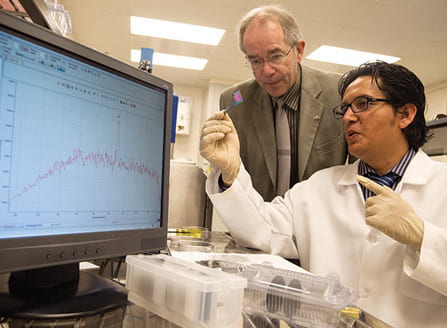
The Eureka! Engineers
UTA Inquiry: The Research Magazine for The University of Texas at Arlington
Winter 2014
Author: Sherry Wodraska Neaves
Decades devoted to creating life-altering advancements in health care, transportation, and other critical fields have earned four professors induction into the National Academy of Inventors.
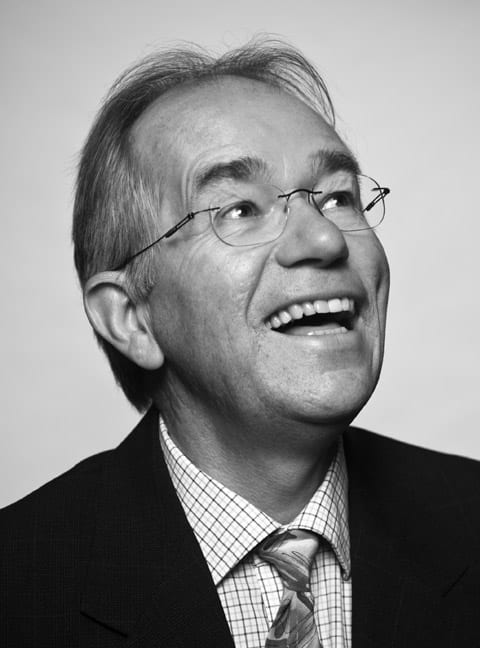
UT Arlington nanophotonics professor to become IEEE Fellow
November 27, 2013
The prestigious Institute of Electrical and Electronics Engineers has named The University of Texas at Arlington’s Robert Magnusson as one of its 2014 fellows.
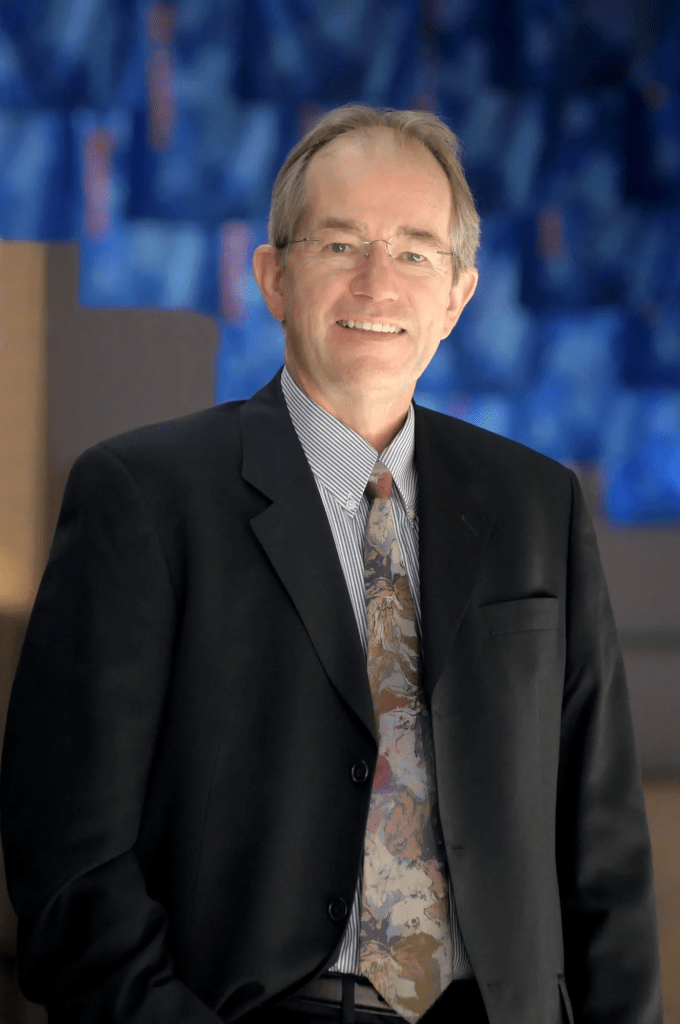
Tanzina Khaleuqe presenting her poster and receiving her Best Graduate Poster Award Current Ph.D. student Tanzina Khaleque receives Best Graduate Poster Award at IEEE MetroCon 2012 Conference
Arlington Convention Center, Arlington, Texas
October 11, 2012
Tanzina’s poster entitled “Photocurrent Enhancement in Resonant Thin-Film Hydrogenated Amorphous Silicon Solar Cells” discusses her original research work. Abstract: We present measured optical and electrical characteristics of guided-mode resonant hydrogenated amorphous silicon (a-Si:H) solar cells. Nanopatterns with a 300-nm period and a 50-nm grating depth are incorporated into a thin-film a-Si:H solar cell. Compared to a planar reference solar cell, ~40% integrated absorption enhancement is observed for the 450–750nm wavelength range. This leads to short-circuit current density improvement of ~50% .
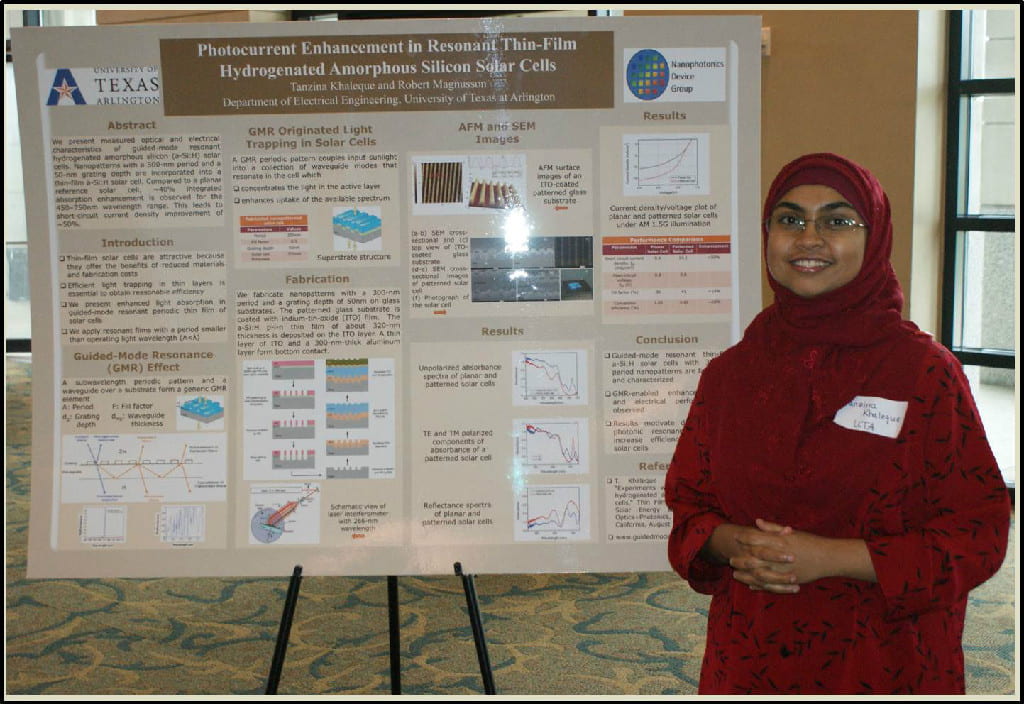
Visiting Scholar Prof. Halldor Svavarsson presents lecture entitled “Thin-film silicon solar cells with nanostructured surface modulation”
University of Texas at Arlington
June 22, 2010
In order for solar cells to become an alternative to other energy sources, such as fossil fuel and nuclear energy, the cost per energy has to decrease considerably. In this presentation, the use of thin-film technology and fabrication of silicon nanowires with the aim of reducing Si consumption and cost of solar cells will be described.
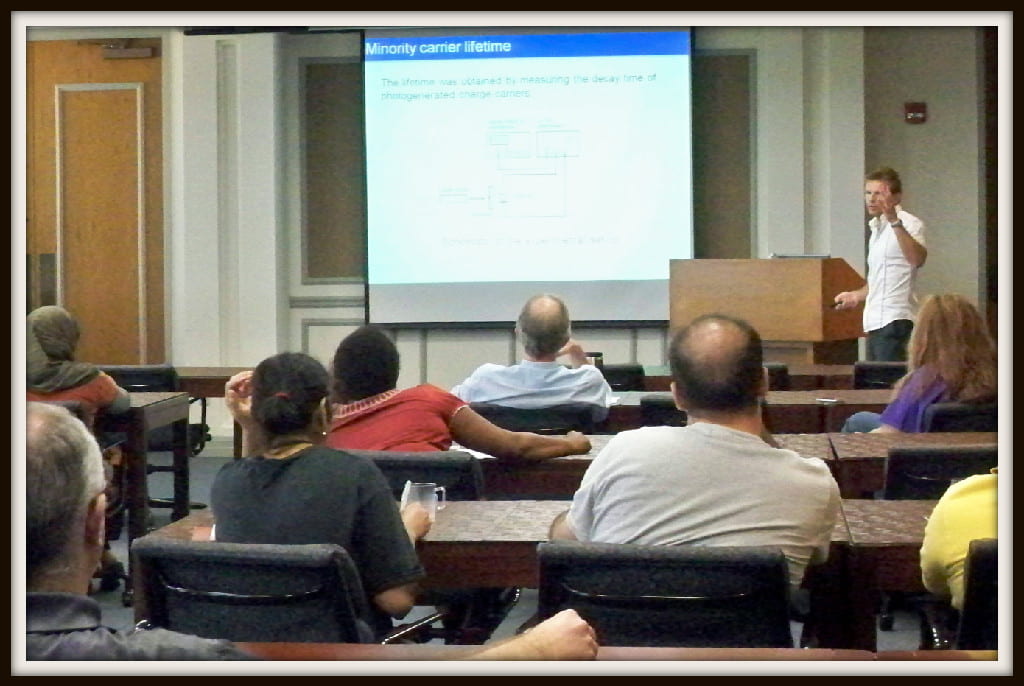
Wenhua Wu, left, Robert Magnusson, center, and Pei Lim, right, at the UTA 2010 Engineering Awards Banquet – Two students in the Nanophotonics Device Group receive awards at 2010 Engineering Awards Banquet
University of Texas at Arlington
February 19, 2010
The College of Engineering awards Pei Lim, an undergraduate student in the Electrical Engineering Department, the Ernst Heyer Memorial Outstanding Senior Award. The College of Engineering names Wenhua Wu, a graduate student in the Electrical Engineering Department, the Dirty Dozen Puzzle Contest Winner.
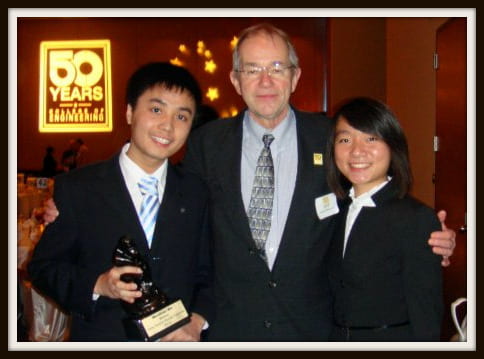
Illuminating Discovery
University of Texas at Arlington
Spring 2009
Think of researcher Robert Magnusson as a painter. But instead of a brush, he uses light. And instead of a canvas, he uses thin film. Then he introduces elements onto that high-tech canvas and measures how the light changes them.
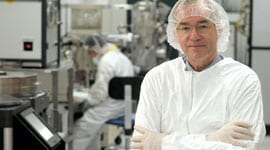
Spectrum of Discovery
University of Texas at Arlington
Spring 2009
Success is no optical illusion for Robert Magnusson, whose nanoelectronics research could herald breakthroughs in drug analysis, medical devices and solar cells.
